Vaccinations are an effective means of protecting a small child from serious ailments that can cause irreparable harm to the health of the baby. Diseases such as whooping cough, polio, diphtheria, measles, tuberculosis require mandatory vaccination. Vaccination can sometimes give unexpected complications, and this often scares parents. Adults must decide for themselves whether to vaccinate a child or not. If the answer is yes, then you need to learn a few rules in order to minimize harm and bring maximum benefit to a small organism.
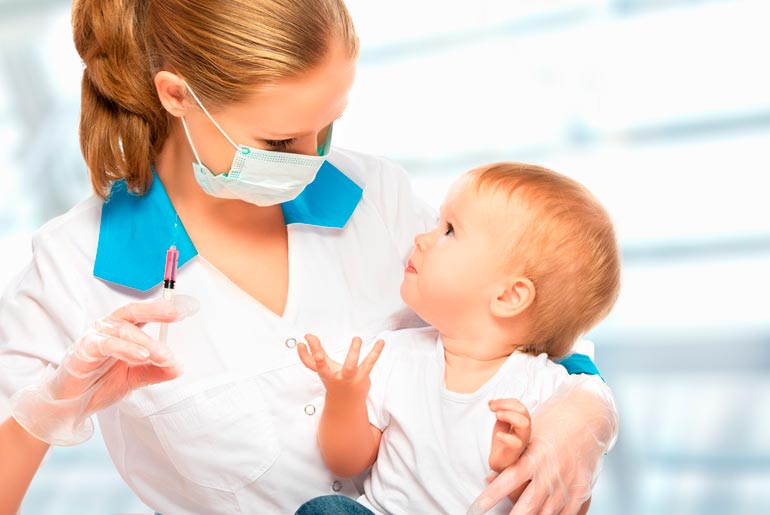
If you have been vaccinated in a children's clinic, you must inform the doctor about the condition of the baby. If the child has poor appetite, if the baby sleeps restlessly, has suffered any illness, there is a rash on the skin and so on. Any trifle should be known to the specialist, and only this ensures that everything goes without complications. Take this as seriously as possible, since only you are responsible for the health of your child. Below are all the points that young mothers will need to pay attention to when preparing a child for vaccination.
Vaccination calendar for children under 1 year old (in Russia) – what moms need to know
Take a blood test
This is necessary in order to make sure that the child is in good health and there are no hidden diseases that can cause complications. If doctors don’t refer you for analysis, find out why they don’t. Ask the specialist in detail what justifies such a decision. Be sure to insist on a blood test, as it can show all the abnormalities and prevent a negative reaction of the body to the vaccine. (on this topic: how to take blood from a vein for analysis in an infant)
We also read: How to teach a child not to be afraid to donate blood
The kid should not be sick
3-4 days before the vaccine is administered, it is necessary to stop attending kindergarten so that the child does not catch a cold or any other disease there. If the incubation period is several days, then on the day of vaccination, the disease can manifest itself and, in combination with the drug, give serious complications. On the eve of visiting the children's clinic, it is not recommended to walk with the child in crowded places. It’s best to be home these days.
If your baby is allergic
Many children have allergic reactions to a product that provoke a rash and itching on the skin (about food allergieshere)A doctor may prescribe antihistamines (tavegil, suprastin and others) several days before vaccination, which will help eliminate symptoms. It is necessary to take the drug on the day of vaccination and two days after it. The dosage is prescribed by a specialist depending on the nature of the allergy, weight and age of the baby. You should not take any drugs on your own, as this is fraught with the health of your child. But to reduce the risk of allergies, a mother can start giving her baby a high dose of calcium preparations several days before vaccination.
Nutrition before vaccination
It is strictly contraindicated to introduce new products into the child’s diet a few days before vaccination. This can lead to an unpredictable reaction of the body and to the appearance of complications. In case of breastfeeding, mother should carefully control your diet. It is advisable to empty the intestines of the baby before vaccination. To do this, consult a doctor so that he prescribes some mild laxative without side effects. Mom can do this on her own without medication with an enema (instructions for making an enema for a small child) or glycerin candles. The day before, it is recommended to eat light foods from the following list:
- runny cereals or soups;
- vegetables and fruits (resolved at GV);
- juices and compotes.
The food should be familiar to the baby and always fresh. It is not recommended to feed the baby just before the vaccination, but more fluids must be given to avoid dehydration.
Actions on the day of vaccination
In the clinic, try not to communicate with other children, as a viral infection can get to your child. It will be best if the baby with dad or grandmother is in the car or on the street, and you call them directly to the procedure itself. If the child had a fever after previous vaccinations, then in the morning on the day of vaccination it is recommended to give the child an antipyretic - best for children is “Nurofen. If she was normal, then the medicine can not be taken.
We also read: Is a rise in temperature in a child after vaccination a normal occurrence or an alarm?
Before vaccination, make sure that the nurse is doing everything right. She should get the drug out of the refrigerator and use sterile gloves. Be sure to find out from her about compliance with the rules of transportation and storage of the vaccine, carefully read the instructions for its use. Ask about the side effects of the drug, possible complications and the first steps if they occur. You must be prepared in this regard. Bathing the baby on the day of vaccination is strictly prohibited.
An important point is the psychological preparation. A child up to a year still does not understand that he will be given an injection, but if he is already quite old (attending a preschool), then you need to set him psychologically for the injection. So he will carry it easier. 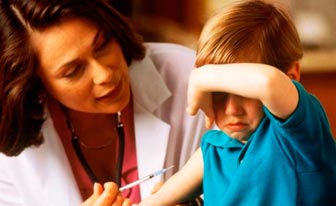 A child often refuses to go to the clinic because he is afraid that it will hurt, maybe he is afraid of doctors, etc., so he needs to be explained that it does not hurt at all. You can give analogies to a mosquito bite and cheer him up with a story about how brave and strong the baby is. Promise to buy a toy after vaccination or take him for a walk in the park. Walking is advisable to plan a week after vaccination, when the baby's immunity is restored.
A child often refuses to go to the clinic because he is afraid that it will hurt, maybe he is afraid of doctors, etc., so he needs to be explained that it does not hurt at all. You can give analogies to a mosquito bite and cheer him up with a story about how brave and strong the baby is. Promise to buy a toy after vaccination or take him for a walk in the park. Walking is advisable to plan a week after vaccination, when the baby's immunity is restored.
We also read: The child is afraid of doctors: advice from psychologists and experienced mothers how to help children get rid of fear
Mom's actions after vaccination
In good weather, take a walk with the baby after vaccination for about an hour in the hospital area and watch his reaction. If the child’s behavior is alarming, see a doctor immediately. Do not wet the injection site at home, as this can give a reaction. Watch your baby and in case of complications such as vomiting and high body temperature, call an ambulance or a local doctor.
Take the vaccination process very seriously, as the health of your child depends on it. Follow the recommendations above, and the vaccine will definitely benefit the baby.
Vaccination Preparation - Doctor Komarovsky School
Actions after vaccination - School of Dr. Komarovsky

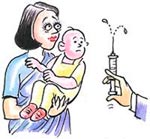
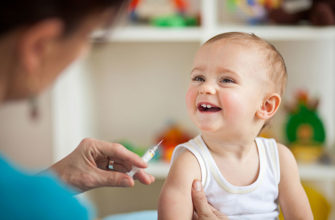

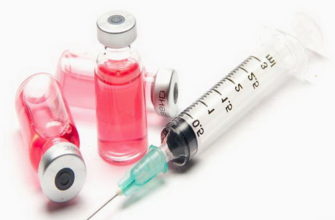
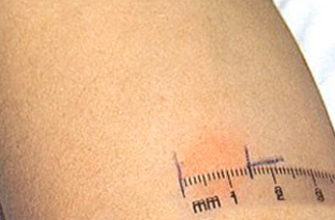
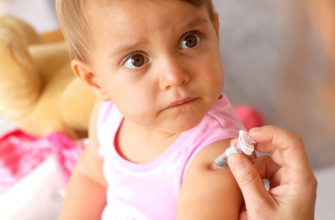
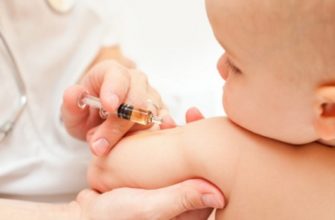
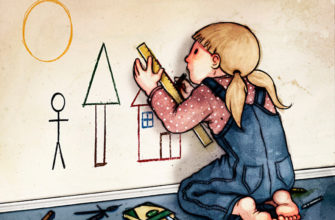

My six-year-old child was given two vaccinations on the same day at the feet. One from polio, the second from whooping cough. The legs turned red, the temperature rose, my daughter was constantly crying. They did not know what to do. Everything began to calm down only after 4 days. But the doctors said it should be so.
Vaccinations must be done. I don’t understand parents who refuse vaccinations. Think about the consequences right away. The main thing is to do the vaccinations on time, we did the main vaccinations up to a year, and transferred well. But our sister was very difficult to bear, she was already done after a year. And, of course, you need to prepare for the vaccine. This is a diet, and a completely healthy baby, and antihistamines.
The first vaccination for a child is difficult. I remember how long they reassured the little nephew after the injection. Since then, the child reacts very painfully to doctors, and when we go to the injections we take his favorite toys and try to distract from excitement by all means.
The pediatrician gave us a schedule for all routine vaccinations for 3 years in advance. I have read a lot of opinions about vaccinations, someone does, someone absolutely does not. I still decided to do all the vaccinations. As I understand it, it is VERY important that the child is absolutely healthy at the time of vaccination and at least a week after. Therefore, on the recommendation of a doctor, before each vaccination and after it, we take a weekly course of prevention, we use the Derinat preparation to support the immune system and not to catch ARVI. A sick child should never be vaccinated in any case. Three vaccinations have already been done, while pah pah ...